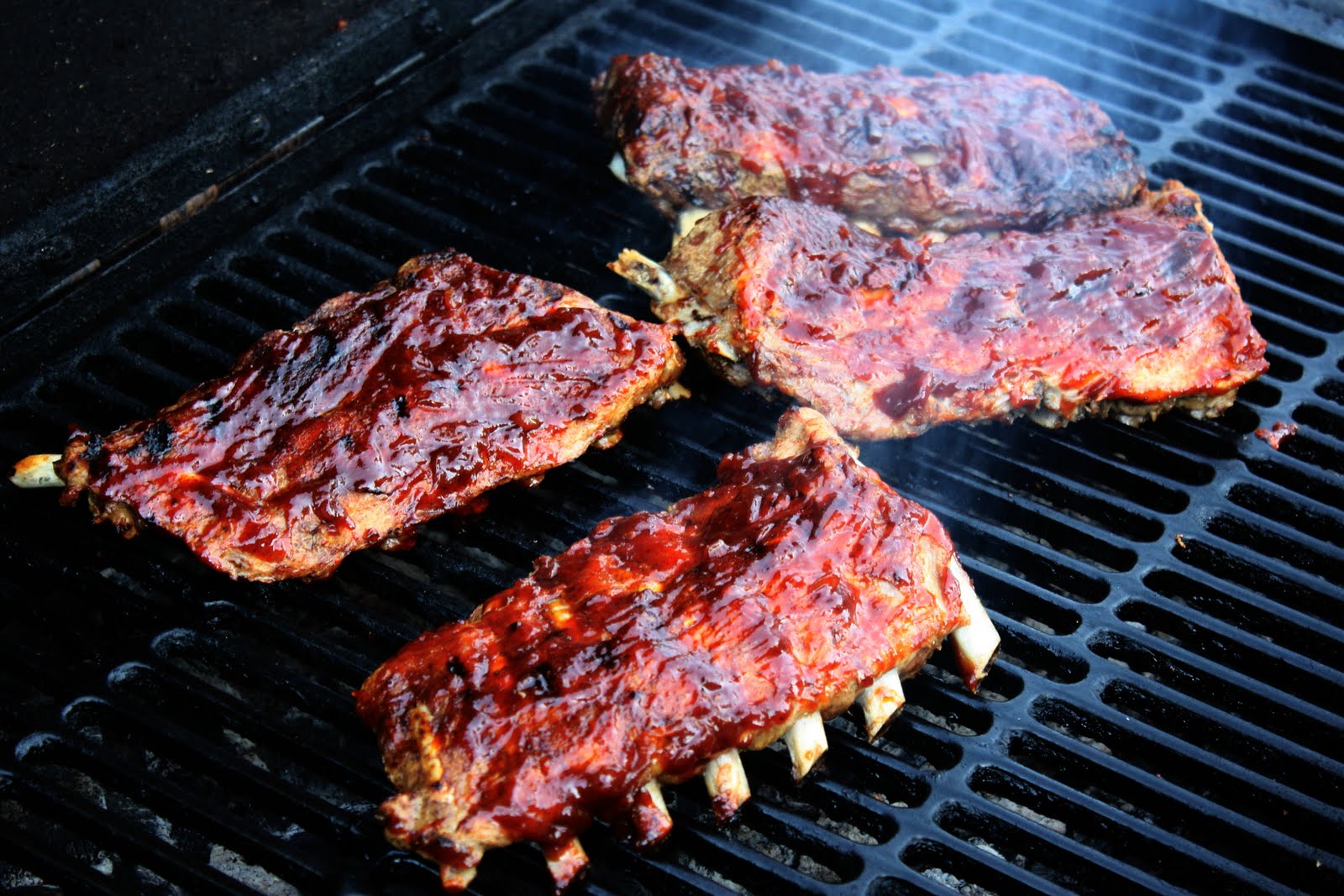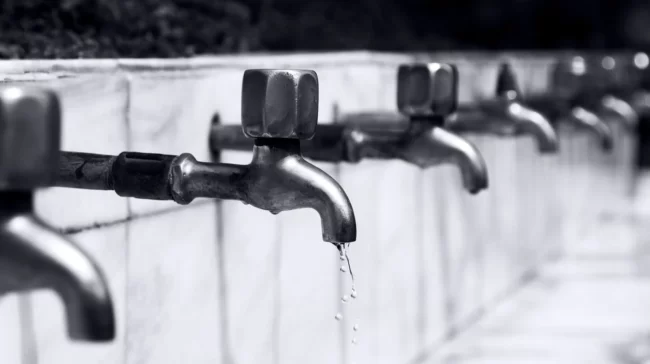
May is National BBQ Month. It may surprise you to learn that America has been barbecuing for decades. In the 1900s, barbecues were one of the primary forms of public celebration – especially on historic days such as the fourth of July.
Today, most Americans don’t need an excuse to fire up the grill. However, what most people don’t know is that barbecuing can be very dangerous. According to the National Fire Protection Association, grills and BBQs were involved in an average of 10,600 home fires each year between 2014 – 2018. These fires caused $149 million in damages, most specifically structure fires, whereby the fire hops from the grill to a house or building.
For this year’s National BBQ Month, the following are important tips to keep in mind so your next gathering can be as safe as possible.
Grill Safety
A grill is arguably the most essential part of a barbecue – but it can be hazardous. The good news? Experts agree that the best way to prevent a grill fire is proper preparation. Fire restoration specialists at SERVPRO suggest that best way to avoid a grill fire is to check your grill before using it. Clean the grill, check for gas hose leaks and damage to the grill itself, and make sure all parts of the grill function properly before the event.
And once you’re grilling? The U.S. Fire Administration (USFA) offers the following tips for keeping safe while grilling:
- Keep the grill away from flammable items: this includes siding, decking, and other combustible materials. Flammable materials also include food wrappers and food waste – a sudden gust of wind could turn burger bun wrappers into a fire hazard.
- Keep children and pets away from fire: the USFA recommends keeping children and pets at least three feet away from any grill when it’s hot. They also recommend supervising children and pets when around dangerous materials.
- Stay with the grill: never leave the grill unattended when it’s lit. Staying with the grill can help you monitor the flames to prevent a potential fire issue.
- Keep the grill clean and check it regularly: leftover grease is highly flammable and has the potential to cause an outdoor fire.
- Keep a water source nearby: a bucket or a garden hose will come in handy in the case of an emergency. A fire extinguisher is also a great option if a bucket isn’t available or convenient.
- Dispose of charcoal safely: avoid throwing hot charcoals into a trashcan – this is one of the easiest ways to start a fire. Extinguish your grill with water or sand and make sure that you allow the charcoal to cool completely before moving it.
Fire Pit Safety
Fire pits are a fantastic addition to your grilling party – but both permanent and portable fire pits can present a risk. The USFA recommends reducing the dangers of fire pits by taking the following steps:
- Ensuring the fire pit is three feet away from flammable materials: just like a grill, the materials you place around a fire pit are just as dangerous as the fire pit itself. Keep portable fire pits at least three feet away from your home and any other flammable items.
- Keep a close eye on pets and children around a fire pit: a fire pit is a social area – people like to sit around it and talk. There’s a real temptation to throw caution to the wind because you’re engaged in something else. However, it’s essential to pay close attention to pets and children when they’re walking or playing around a lit fire pit. A small mistake could have disastrous consequences.
- Use a metal screen: a metal screen covering the fire pit can keep sparks from floating out and causing a fire.
- Keep matches out of the reach of children: store matches and lighters where children cannot see or reach them.
Food Safety
Food safety is an integral part of barbecue safety – and is often overlooked. The Centers for Disease Control (CDC) recommends taking the following steps to ensure that the food you serve at your next BBQ keeps people safe:
- Separate the meat you buy: cross-contamination can add many germs, increasing the risk of food poisoning. Shop for meat last, and separate different meat, poultry and fish in grocery bags.
- Keep things cool: keep meat, poultry and seafood refrigerated until you’re ready to cook.
- Keep an eye on raw and cooked meat: another easy way to cross-contaminate is to put cooked meat on a plate with raw meat. Use a clean plate when cooking and transporting cooked meat, fish and poultry.
- Use a food thermometer: meat and fish should be cooked to at least 145 degrees Fahrenheit, with hamburgers and other ground beef cooked to 160 degrees. Cook poultry and hot dogs to 165 degrees.
Barbecues are a fun way to enjoy the warm summer with family, friends and neighbors. By following these safety tips, you’ll keep your gatherings, food and guests both safe and fun. Happy grilling!




